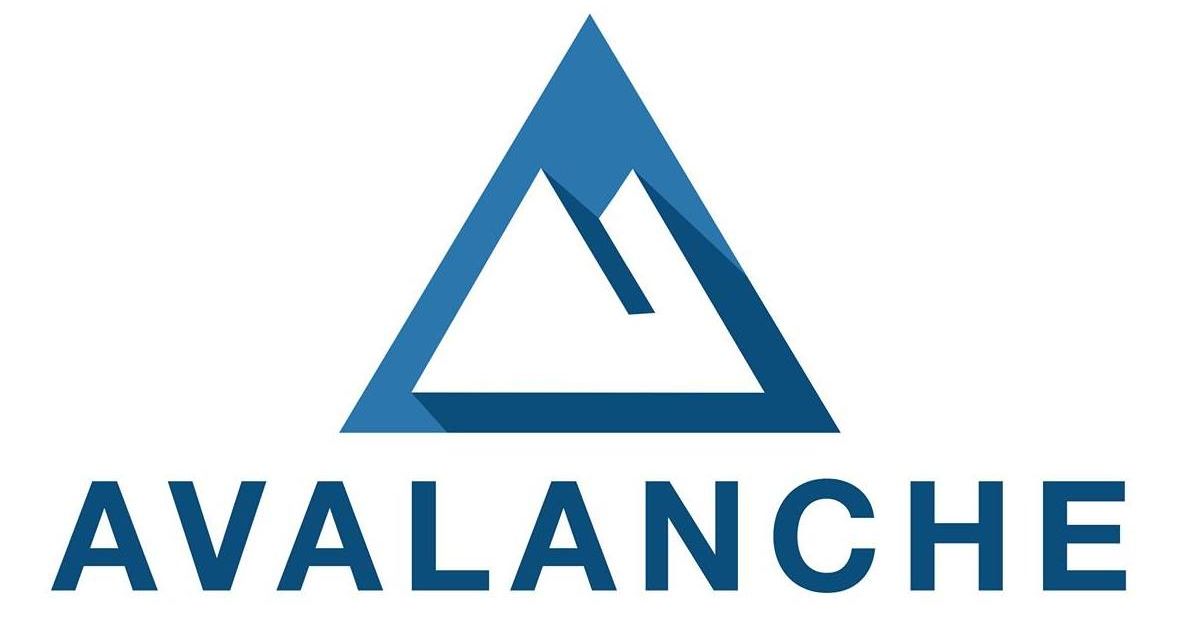Winter in Castle Rock, Colorado, can be brutal. When the temperature plummets, a reliable heating system isn’t a luxury – it’s a necessity. If your boiler is showing its age or struggling to keep up with the Colorado chill, it might be time to consider a replacement. This blog post will walk you through the key considerations for boiler replacement in Castle Rock, ensuring you stay warm and comfortable all winter long.
Why Replace Your Boiler?
Several signs indicate your boiler might be nearing the end of its lifespan:
- Age: Most boilers last between 15 and 20 years. If yours is older, it’s likely becoming less efficient and more prone to breakdowns.
- Rising Energy Bills: An aging boiler often loses efficiency, meaning it needs more fuel to produce the same amount of heat. Spiking energy bills can be a telltale sign.
- Frequent Repairs: If you’re constantly calling a technician for repairs, it might be more cost-effective to invest in a new system.
- Uneven Heating: Cold spots in your home can indicate a problem with your boiler’s circulation or a sign of internal damage.
- Strange Noises: Banging, whistling, or gurgling sounds can signal serious boiler issues that require immediate attention.
- Leaks: Any leaks from your boiler should be addressed promptly, as they can lead to further damage and potentially dangerous situations.
Choosing the Right Boiler for Castle Rock:
Castle Rock’s climate demands a robust and efficient heating system. When choosing a replacement boiler, consider the following factors:
- Fuel Type: Natural gas is the most common fuel source in Castle Rock, but propane and electric boilers are also options. Consider the availability and cost of each fuel type in your area.
- Efficiency: Look for boilers with a high Annual Fuel Utilization Efficiency (AFUE) rating. The higher the AFUE, the more efficient the boiler and the lower your energy bills will be. Modern high-efficiency condensing boilers can achieve AFUE ratings of 90% or higher.
- Size: Proper sizing is crucial for optimal performance. A boiler that’s too small won’t be able to heat your home adequately, while one that’s too large will cycle on and off frequently, leading to wasted energy and premature wear and tear. A qualified HVAC technician can perform a heat load calculation to determine the correct size for your home.
- Type: There are various types of boilers available, including conventional (non-condensing) and condensing boilers. Condensing boilers are generally more efficient and are often the preferred choice for homeowners in colder climates like Castle Rock.
- Budget: Boiler replacement is a significant investment. Get quotes from multiple reputable HVAC contractors in Castle Rock to compare prices and financing options.
Finding a Qualified HVAC Contractor in Castle Rock:
Choosing the right contractor is just as important as choosing the right boiler. Look for a contractor with:
- Experience: Ensure the contractor has extensive experience in boiler installation and repair.
- Licensing and Insurance: Verify that the contractor is properly licensed and insured.
- Reputation: Check online reviews and ask for references from previous customers.
- Upfront Pricing: Get a detailed written estimate that includes all costs associated with the installation.
- Warranty: Inquire about warranties on both the boiler and the installation.
The Boiler Replacement Process:
A typical boiler replacement involves the following steps:
- Removal of the Old Boiler: The old boiler and associated components are carefully removed.
- Installation of the New Boiler: The new boiler is installed according to manufacturer specifications and local building codes.
- Connection to Existing Systems: The new boiler is connected to the existing heating system, including radiators or baseboard heaters.
- Testing and Calibration: The system is thoroughly tested to ensure it’s operating correctly and efficiently.
- Cleanup: The work area is cleaned up, and all debris is removed.
Preparing for Winter in Castle Rock:
Don’t wait until the first snowstorm hits to think about your boiler. Schedule a professional inspection and tune-up before the winter season to ensure your system is in good working order. If your boiler is nearing the end of its lifespan, consider replacing it proactively to avoid a heating emergency during the coldest months.
By taking the time to research your options and choose a qualified HVAC contractor, you can ensure a warm and comfortable winter in your Castle Rock home. Don’t let the cold catch you off guard – prepare now for a worry-free winter!
Recent Posts
- Staying Cool in Castle Rock: Why Avalanche Home Systems is Your Go-To for AC Repair
- Keeping Castle Rock Comfortable: Over a Decade of Expert HVAC Service with Avalanche Home Systems
- Warm Weather Prep: Castle Rock Air Conditioning Services’ Advice
- Is It Time for a New Furnace? Avalanche HVAC Explains
- Essential HVAC Filter Tips for Castle Rock Residents

Recent Comments